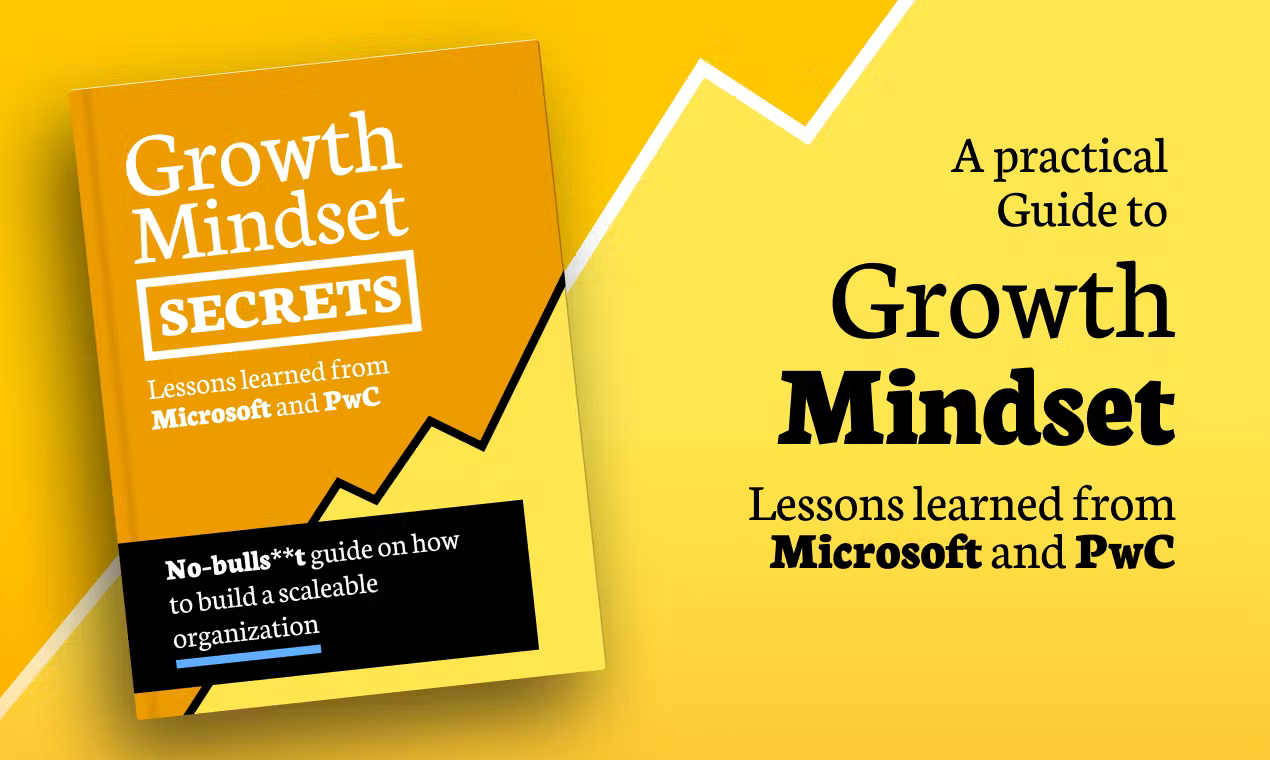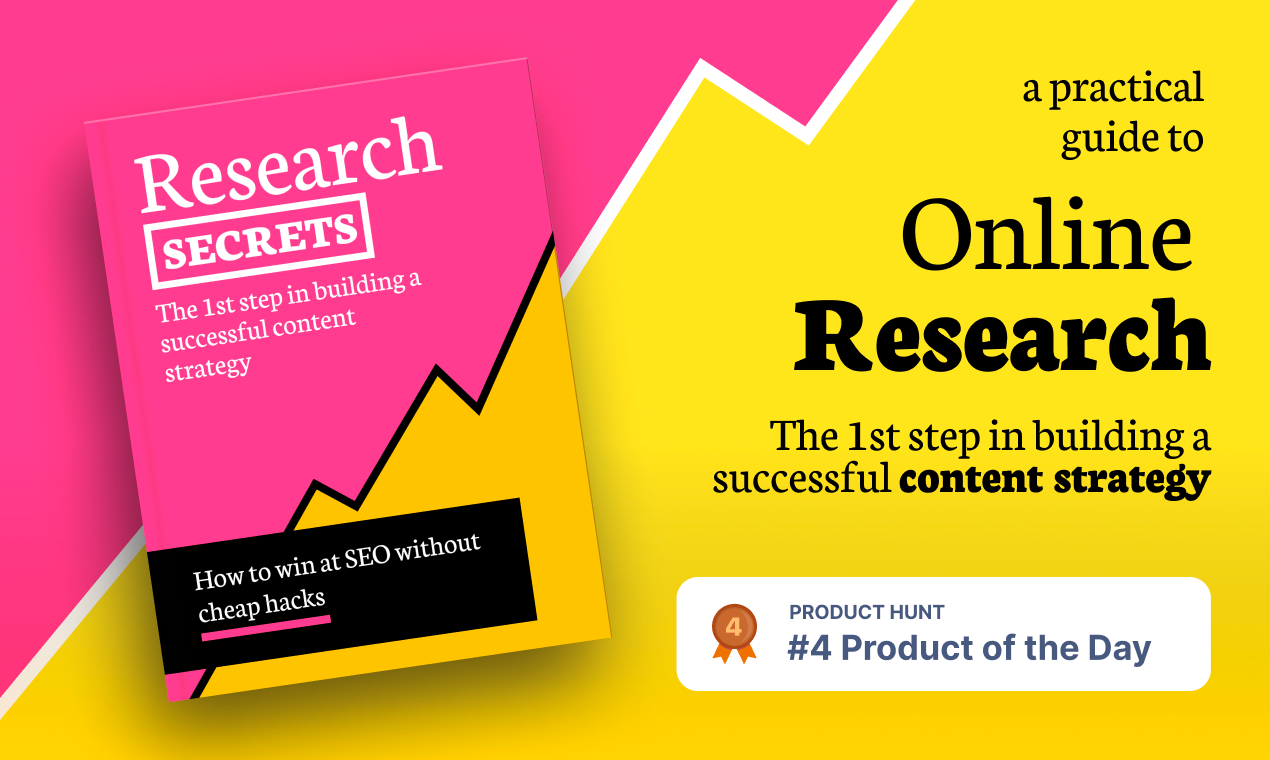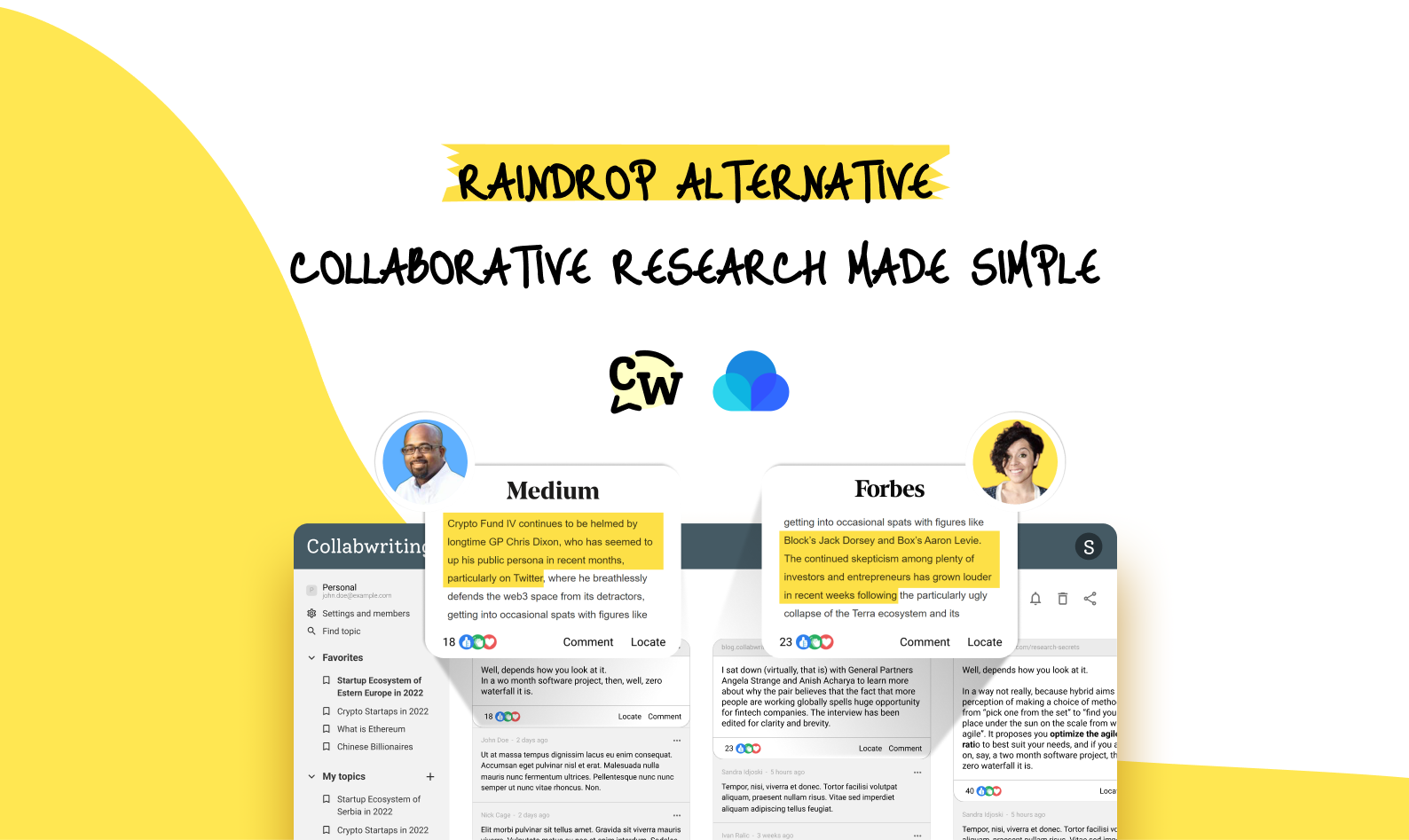Research and knowledge are two main pillars that go hand in hand.
When it comes to digital marketing and creating captivating content, grabbing and retaining your audience's attention is like winning a gold medal. It opens doors to increased visibility, organic traffic, and higher conversion rates.
However, to reach these goals, it's essential to recognize the significance of research as the first step in crafting content that stands out in all the noise.
Let's explore this further.
Relying on pre-existing knowledge
Relying solely on pre-existing knowledge is insufficient if you aim to be a recognized and reliable source in your niche, earning the trust of those who engage with your content.
To stay competitive and drive innovation, you need to look beyond what you already know and actively seek out new knowledge. While existing knowledge provides a solid foundation, breakthroughs occur through acquiring further information.
The problem that can arise if you rely only on already acquired knowledge is that it is outdated and not following the current situation in the market.
That’s why research plays an essential role.
By conducting research, teams can gather data from various sources such as market trends, customer feedback, industry reports, and academic studies.
Understanding the limitations of existing knowledge
While our accumulated knowledge forms the foundation of our expertise, it is essential to recognize that it is not all-encompassing. Understanding the boundaries of our pre-existing knowledge allows us to embrace a growth mindset.

Growth Mindset - Lessons learned from Microsoft and PwC
PwC and Microsoft use growth mindset strategies for success, including leadership commitment, communication, learning programs, collaboration, and more.
Let's explore why expanding our horizons beyond our existing knowledge is essential for maintaining a competitive edge in the digital realm.
Uncovering hidden opportunities
When we step outside our comfort zone and explore new areas, we discover hidden chances that might have gone unnoticed otherwise. By engaging in extensive research and maintaining our curiosity, we can uncover these valuable discoveries and position ourselves as pioneers in undiscovered areas.
Stimulating innovation and creativity
Going beyond what we already know, we expose ourselves to diverse insights, cutting-edge technologies, and fresh approaches.
Embracing continuous learning
By looking beyond our pre-existing knowledge, we embrace continuous learning. We acknowledge that there is always more to discover, new skills to acquire, and emerging trends to stay abreast of.
Building resilience and adaptability
Stepping into the unknown and embracing new possibilities fosters resilience, adaptability, and a competitive advantage in the digital landscape, empowering us to navigate uncertainty, embrace change, and maintain a leading edge.
Gaining authority and expertise
Conducting deep research demonstrates your commitment to providing accurate and reliable information to your audience. By backing your content with data, statistics, and credible sources, you establish yourself as an authority in your field.
Research: The essential first step when creating content
Effective research lays the foundation for a successful SEO and copywriting strategy. It empowers you with valuable insights into your target audience, their needs, preferences, and search intent. By diving deep into the research process, you gain a competitive advantage and can craft content that resonates with your readers while satisfying search engine algorithms.
Proper research gives us direction and guidance when sparking our content. As a content creator, you’re probably aware of this intuitively. You need to know the language your target audience speaks, the topics that interest them, and why - how else would you know what to create?
We get to this point by doing our due diligence before drafting a strategy or content plan. To do either of these correctly we need inputs first - and that’s exactly what research provides.
And research shouldn’t just be limited to answering questions about our target audience's characteristics or high-ranking key works. It can and should also answer questions like:
- Is there an untapped niche we can use to our advantage?
- What are the best channels to distribute our content?
- How competitive is the space we're entering?
- Are there any future trends to look out for?
As long as you keep these things in mind, you won't have a problem creating content and staying ahead of your competitors.

The power of research
Understanding your target audience
Researching your target audience extends beyond knowing their basic demographics. It involves identifying their pain points, desires, and motivations. By understanding their needs, you can create content that addresses their specific challenges and provides valuable solutions. Gaining a profound understanding fosters trust and establishes expertise with your audience.
Analyzing competitors
To outperform competing websites, you must first understand what they do right and where they fall short. Analyzing your competitors' content, keywords, and SEO strategies can provide invaluable insights. By identifying gaps in their approach, you can position yourself as a unique and authoritative voice in your niche. This analysis also helps you identify opportunities your competitors may have overlooked.
Keyword research
Keywords drive organic traffic to your website. Thorough keyword research allows you to identify the terms and phrases your target audience uses to search for information online. By incorporating these keywords strategically into your content, you can rank higher on SERPs.
Staying updated with industry trends
The digital landscape is constantly evolving, and staying up to date with industry trends is essential for maintaining your competitive edge.
Researching and following industry thought leaders, subscribing to relevant newsletters, and participating in industry groups can help you stay ahead of the curve. By being aware of emerging trends, you can adapt your content strategy accordingly and ensure fresh, relevant, and engaging content for your audience.

Research secrets - How to win at SEO without cheap hacks
Learn how we outsmarted big competitors on Google, grew our audience with SEO, and became leaders in the 150 billion dollar Project Management niche - all without cheap hacks.
Final thoughts
In the vast ocean of information we overlook daily, it's crucial to keep ourselves informed. However, relying solely on existing knowledge may not be the most appropriate approach. While it forms the basis of our understanding, it's essential to supplement it with up-to-date and reliable information to outshine our competition.
That's why incorporating online research as your initial step - whether in content creation or building our knowledge base - is vital for staying ahead of the game.





![The Best Tool for Collaborative Research in Content Marketing Teams [2026]](/content/images/2025/12/image--5-.png)

![5 Tools Marketers Use to Organize Research - Compared [2026]](/content/images/2025/11/cover-4-1.png)

![Build Credibility in Research: Smart Way to Verify Information and Track Sources Easily [2025]](/content/images/2025/10/covers-for-blog--7--1.png)

![How Marketers Can Turn LinkedIn Content into Collaborative Research [2025]](/content/images/2025/10/covers-for-blog--8-.png)
![Best Readwise Alternative for Personal & Team Research [2026]](/content/images/2025/09/Frame-814--3-.png)

